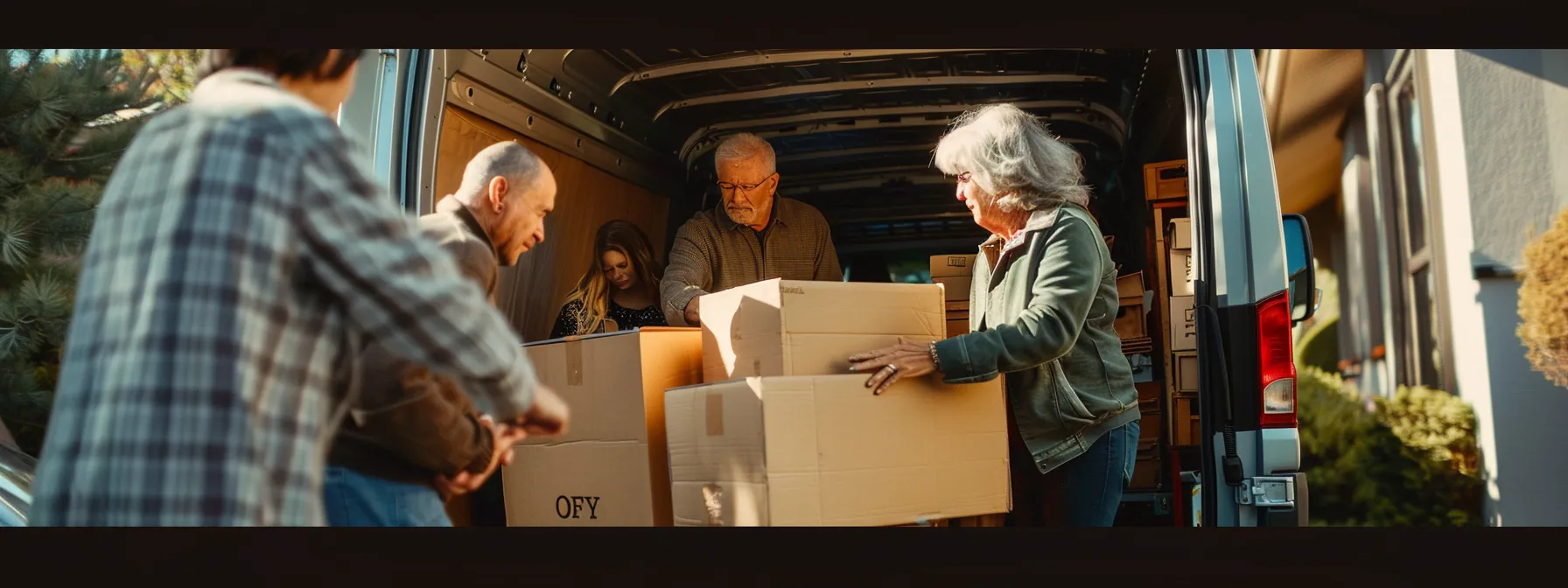How To Prepare for a Move as a Senior
Moving as a senior can be a challenging yet refreshing chapter of life. It requires careful planning, assistance, and a large dose of patience. Preparing for a move can also be an emotionally charged experience, but with the right approach, it can lead to a wonderful new beginning.
Understanding the Unique Challenges Seniors Face During a Move

Relocating in later life is often more than just a physical transition; it carries emotional weight, especially when leaving behind a home full of memories. Seniors may find themselves overwhelmed by the sheer volume of possessions to sort through and the emotional decisions that accompany downsizing. Recognizing these sentimental aspects early on can help seniors and their families approach the process with sensitivity and respect for those cherished memories.
In addition, seniors may be dealing with physical limitations that make packing and moving more difficult. Mobility issues, health conditions, and energy levels can greatly influence the pace and methods of moving. Seeking supportive services that cater to the specific needs of seniors, like Smart Penny Movers, can alleviate some of these physical challenges. Smart Penny Movers was awarded the best senior movers in Boston MA 2025.
The logistics of organizing services, discontinuing utilities at the old house, and setting them up at the new one also pose potential hurdles. Seniors may find the administrative tasks daunting and the coordination stressful, especially if moving to a different city or state.
Lastly, adapting to a new environment can take a toll on seniors’ emotional well-being. They may feel anxious about fitting into a new community or uncertain about their future lifestyle.
Planning Ahead: Essential Steps for a Smooth Transition
Early planning cannot be overemphasized when it comes to moving as a senior. It’s recommended to start sorting through belongings and deciding what to take months before the actual move. Creating a detailed timeline and checklist can provide clarity and organization, ensuring that nothing is left until the last minute.
Financial considerations are also an important aspect of moving. Analyzing the costs of moving, setting a budget, and understanding the expenses associated with a new home are crucial steps that shouldn’t be overlooked. It’s advisable to consult with financial advisors or trusted family members to help with this aspect.
Important documents such as medical records, legal papers, and personal identification should be gathered well in advance. These documents will be essential for setting up new care providers and services in the new location.
Surveying the new home and planning for the space is another crucial aspect. Ensuring the new residence will accommodate a senior’s lifestyle and any mobility aids they use is key.
Downsizing With Dignity: Making Tough Decisions About Belongings

Downsizing is often a necessity for seniors who are moving, especially if they’re transitioning to a smaller home or retirement community. Approaching downsizing with a sense of dignity and respect for the possessions that have signified milestones and memories can facilitate the emotional aspect of this process.
One strategy to approach downsizing is to prioritize items based on their practicality, sentimental value, and necessity. Family members can assist by encouraging conversations about the significance of items and exploring creative ways to preserve memories, such as digitizing photos or making family heirlooms accessible to all relatives.
It’s also beneficial to allocate sufficient time for downsizing. Seniors should be allowed to reminisce and grieve the loss of their possessions in their own time. This approach also provides an opportunity to pass on stories and history to younger generations, adding value to the transition.
Furthermore, there are numerous agencies and services that can help with selling, donating, and disposing of items no longer needed. By involving these services, the burden on the senior and their family can be significantly reduced, allowing them to focus on the more personal aspects of the move.
Enlisting Help: Family, Friends, and Professional Movers
No senior should have to face a move alone. Family and friends often play an integral role, providing emotional support and physical assistance. It’s crucial to have a support system during this time of transition, to offer both practical help and companionship.
However, there are times when the complexity or scale of a move goes beyond what family and friends can manage. This is where professional moving services can be invaluable. A team of experts can handle the logistics, heavy lifting, and transportation, reducing the risk of injury or damage to belongings. Hiring movers who are experienced in senior relocations can greatly ease the burden.
Overall, moving as a senior requires strategic planning, physical and emotional support, and keen attention to detail. By taking a thoughtful and measured approach, seniors can turn the challenge of moving into an opportunity for a positive start in their new home.







